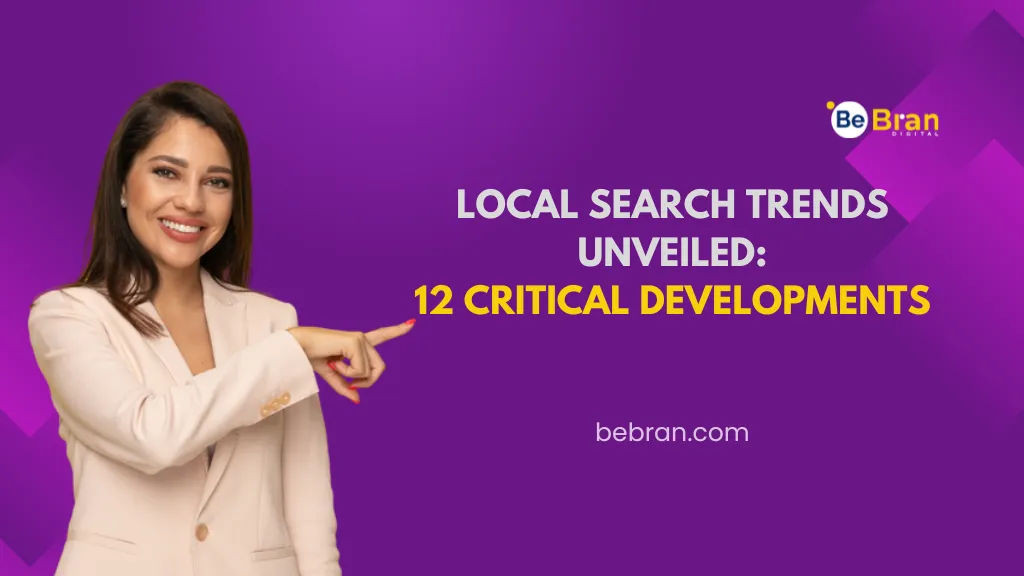
Keywords are the backbone of content creation in the digital age. They determine how your content communicates with search engines, ensuring that your material reaches its intended audience. With a plethora of keyword tools available, finding the right one can be a daunting task, especially on a budget. This guide dives deep into the world of free keyword research tools, spotlighting their features, benefits, and how they stand out from the crowd. Whether you're a budding content creator or an experienced writer aiming for better visibility, this comprehensive overview will empower your keyword strategy without breaking the bank.

In the realm of digital content, keywords act as the crucial bridge connecting creators with their desired audience. They're not just mere words; they're indicators of user intent, giving creators a peek into the minds of their target demographic. Understanding this intent is vital, and here's where keyword research tools play an indispensable role.
Guided Content Strategy: Using a keyword research tool, especially a free one, offers creators insights into the terms users frequently search for. This data shapes the content, ensuring it addresses the needs and curiosities of the audience.
Higher Search Engine Visibility: Search engines operate on keywords. When content is aligned with popular search terms, it stands a higher chance of appearing in top search results. Tools like the Google keyword research tool provide insights directly from the source, ensuring your content is in sync with what users are actively seeking.
Competitive Edge: Every content creator desires to stay ahead of the competition. By utilizing keyword tools, one can analyze which terms competitors are targeting and identify potential gaps in their strategy. This can lead to content that fills these gaps, offering readers something fresh and unique.
Resource Efficiency: For independent content creators or those on a tight budget, a free keyword research tool becomes an invaluable asset. It allows them to optimize their content for search engines without incurring additional expenses, ensuring that even with limited resources, their content can shine.
Adapting to Trends: Keywords aren't static. They evolve with time, reflecting shifts in public interest and discourse. Regular use of keyword tools allows creators to stay updated with these shifts, ensuring their content remains relevant and timely.
The symbiotic relationship between content creation and keywords cannot be overstated. As search engines become more sophisticated and user preferences continue to evolve, leveraging tools like the Google keyword research tool and other free alternatives will remain central to the success of digital content creators.
Keyword research is the foundational step in the digital content creation process. At its core, it involves using keyword tools to discover terms and phrases that potential audiences might use in search engines. The primary aim? To optimize content around these terms to enhance visibility. Tools vary in complexity and features; while some might offer advanced analytics, others like the free keyword research tool options provide basic insights that can be equally valuable. Notably, the Google keyword research tool stands out due to its direct data from Google searches, making it invaluable for creators aiming to rank on this dominant search engine. In essence, understanding keyword research and leveraging the right keyword research tool can significantly elevate a content creator's reach and relevance in the vast digital space.

In the realm of digital content, keyword research serves as the compass directing creators toward audience preferences and search trends. Using keyword tools, creators can anticipate what potential readers or viewers are searching for, allowing them to tailor their content accordingly. Without leveraging a reliable keyword research tool, creators risk publishing content that may never reach its intended audience. For instance, while premium tools exist, even a free keyword research tool can offer insights that can make the difference between a piece of content getting lost in the vast digital expanse and topping search engine results. Moreover, platforms like the Google keyword research tool give a direct window into the most popular search queries, serving as a critical asset in this endeavor.
A good keyword isn't just about high search volume; it's a blend of relevance, search intent, and competitiveness. Using keyword tools, one can gauge the potential of a keyword by its search volume, but understanding the intent behind it is equally vital. For instance, a keyword with buying intent, like "best DSLR cameras for sale," is more valuable for an e-commerce site than "history of DSLR cameras." A beneficial keyword research tool, whether it's a premium option or a free keyword research tool, will also highlight competition levels. This data is essential to evaluate if ranking for that term is feasible. Furthermore, platforms like the Google keyword research tool often offer related search queries, providing deeper insights into user intent and potential content angles.
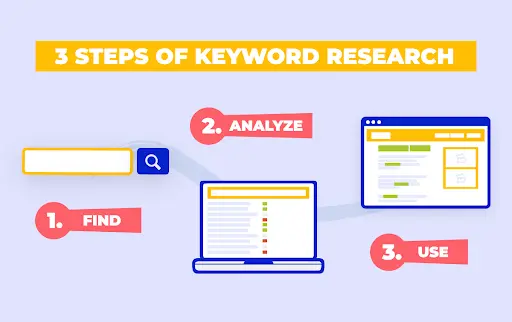
The digital landscape is teeming with opportunities, and one of the pillars of successful content creation is effective keyword research. Fortunately, you don't need a hefty budget to start. Free keyword research tools are invaluable assets for budding content creators and seasoned professionals alike.
These tools provide insights into what your target audience is searching for, helping you tailor your content to meet their needs. Whether it's the Google keyword research tool that offers insights straight from the search giant itself or other free platforms, these tools provide data on search volume, and competition, and even suggest related terms. By understanding and leveraging these tools, you can enhance your content's visibility, ensuring it reaches the right audience at the right time.
A product from the tech giant, the Google keyword research tool, known as Keyword Planner, is integrated into Google Ads. It provides search volume, competition level, and average bid prices. Its direct connection with Google's database ensures reliable and updated data, making it a staple for many content creators.
The Google keyword research tool, officially known as Google Keyword Planner, is an indispensable asset for any content creator.
Ubersuggest is a comprehensive keyword research tool that offers keyword suggestions, SERP analysis, and content ideas. It provides insights on search volume, seasonality, and competitive ranking, making it an excellent alternative for those seeking a holistic view. Ubersuggest is a fantastic free keyword research tool that dives deep into keyword analytics.

If simplicity is what you're after, Keyword Sheeter excels. This free keyword research tool churns out keywords in bulk, giving users a wide array of terms in mere seconds. Its no-frills interface means easy keyword generation without the distraction of other features.
Keyword Sheeter stands out for its simplicity and rapid generation of keyword ideas.
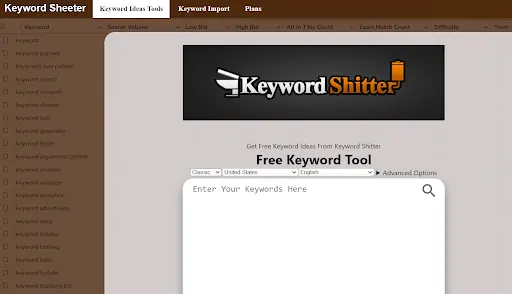
Targeting niche audiences becomes easier with WordStream. This keyword tool delivers relevant keyword suggestions tailored for specific industries and regions. It's especially helpful for businesses that need to target unique segments, ensuring their content resonates with the right audience.WordStream's offering is perfect for those targeting niche audiences.
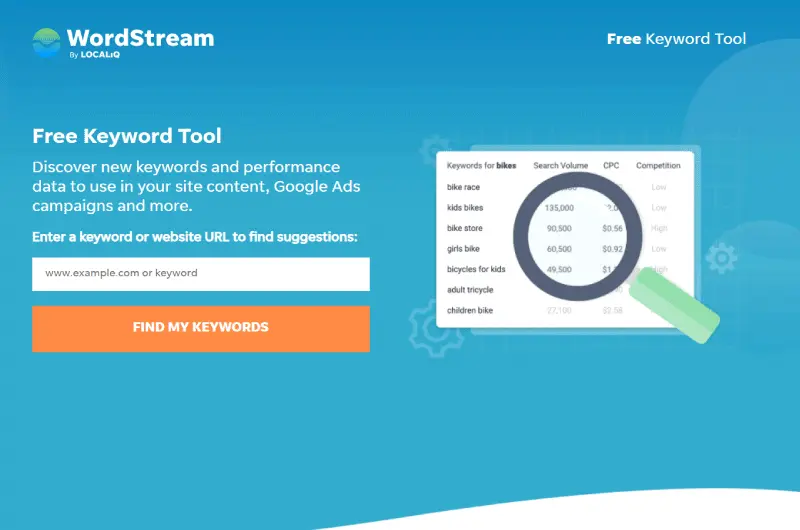
Navigating the world of keyword research can seem daunting, but with the right tactics and leveraging the power of keyword tools, you can refine your content strategy. Whether you're using the Google keyword research tool or other platforms, understanding the dynamics of keyword selection will elevate your content's potential to rank higher and engage more readers.
Long-tail keywords are longer and more specific keyword phrases that visitors are more likely to use when they're closer to the point of purchase or when they're using voice search.
Knowing what keywords your competitors are ranking for can give you a significant edge.
Staying updated with the latest keyword trends ensures your content remains relevant and timely.
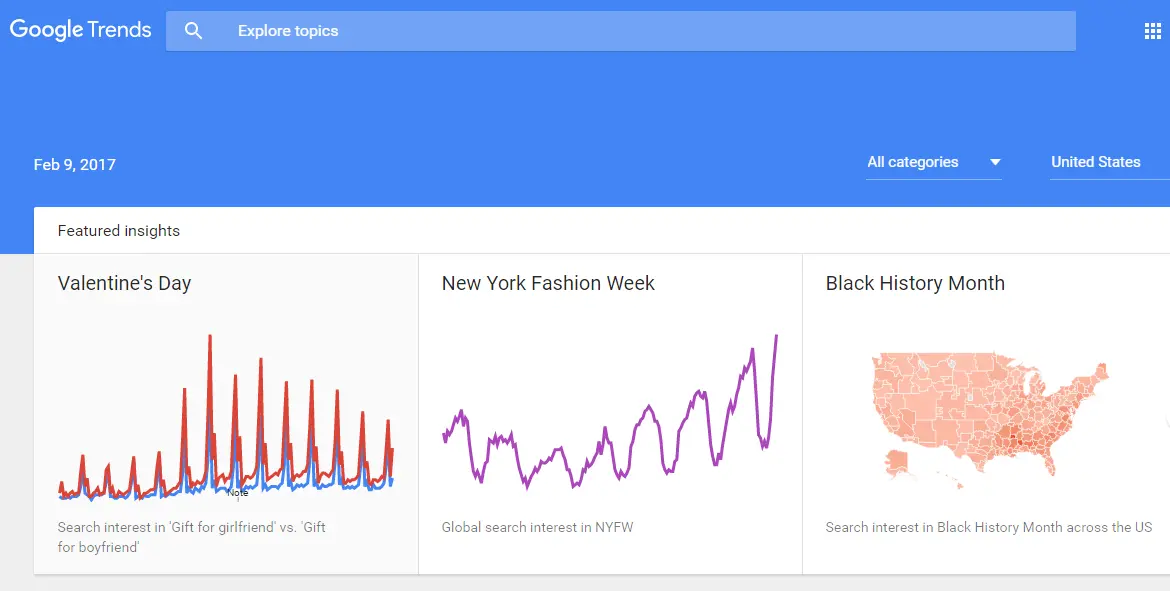
After using keyword tools and identifying the right terms, the next step is integrating them into your content effectively.
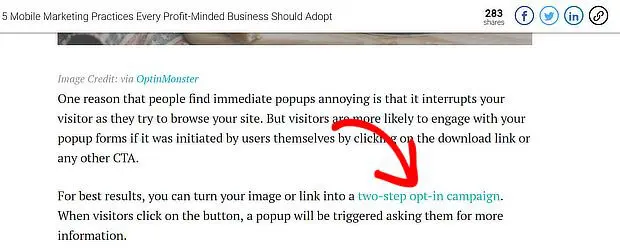
While free keyword research tools offer value, they come with a set of challenges.
The world of keyword research is continually evolving. With voice search, AI, and changing search algorithms, the landscape is more dynamic than ever.
Harnessing the true potential of keywords is vital for content success. By leveraging free keyword research tools, content creators can refine their strategies and optimize visibility. With tools like the Google keyword research tool, even novices can navigate the vast seas of keywords, ensuring their content resonates effectively with their target audience.
1. What are keyword tools?
They're tools that help identify keyword opportunities for content optimization.
2. Why are free keyword research tools important?
They offer insights into search trends without any financial investment.
3. Is the Google keyword research tool free to use?
Yes, Google offers a free version which is part of Google Ads, called Keyword Planner.
4. How does a keyword research tool benefit content creators?
It helps in identifying high-potential keywords to target, enhancing content visibility
5. Are there any limitations with free keyword tools?
While powerful, free versions may have limited searches or data insights compared to paid counterparts.
6. How do I choose the best keyword research tool?
Evaluate your needs, test multiple tools like the Google keyword research tool, and find what offers the best insights for your content.
7. Can I rely solely on one keyword tool?
It's beneficial to use multiple tools to get a comprehensive view of keyword opportunities.
8. How often should I perform keyword research for my content?
Regularly. Search trends change, so periodic checks using keyword tools ensure your content remains relevant.




















